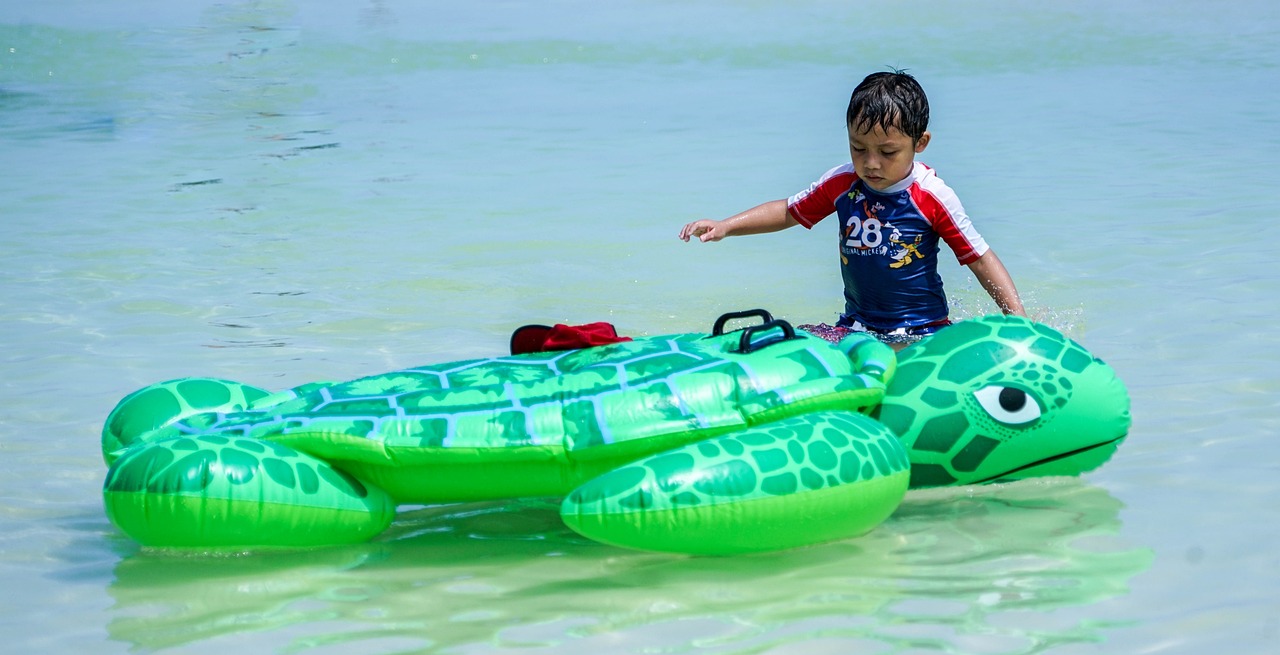Innovations in Theme Park Accessibility Technologies for Guests with Special Needs
tigerexchange247, golden 77, sky99exch:Innovations in Theme Park Accessibility Technologies for Guests with Special Needs
Theme parks are meant to be a place of fun and excitement for all guests, regardless of any special needs they may have. In recent years, there has been a significant push towards making theme parks more accessible for those with disabilities, thanks to innovations in technology. These advancements have helped to ensure that every guest can have an enjoyable experience at theme parks around the world. In this article, we will explore some of the latest innovations in theme park accessibility technologies for guests with special needs.
1. Introduction to Accessibility Technologies in Theme Parks
Theme parks are constantly evolving to meet the needs of all their guests, including those with special needs. Accessibility technologies play a crucial role in ensuring that everyone can enjoy the attractions and experiences on offer. These technologies are designed to provide assistance to guests with disabilities, making it easier for them to navigate the park, access rides, and enjoy their visit to the fullest.
2. Audio Description Devices for Visually Impaired Guests
One of the most important innovations in theme park accessibility technologies is the use of audio description devices for visually impaired guests. These devices provide verbal descriptions of the visual elements of attractions, shows, and exhibits to help visually impaired guests fully experience the park. This technology has been widely adopted in theme parks around the world and has proven to be incredibly beneficial for visually impaired guests.
3. Sign Language Interpretation Services for Deaf Guests
Another essential innovation in theme park accessibility technologies is the use of sign language interpretation services for deaf guests. These services provide trained interpreters who can help deaf guests communicate with park staff, understand show dialogue, and fully engage with the park’s attractions. Sign language interpretation services have become more prevalent in theme parks in recent years, helping to create a more inclusive and welcoming environment for deaf guests.
4. Accessible Ride Systems for Guests with Mobility Impairments
Access to rides and attractions is a key consideration for guests with mobility impairments. Theme parks have introduced accessible ride systems that cater to guests with wheelchairs, walkers, and other mobility aids. These systems include ramps, boarding platforms, and specialized ride vehicles that make it easier for guests with mobility impairments to access and enjoy the park’s attractions. Accessible ride systems have revolutionized the theme park experience for guests with mobility impairments, allowing them to participate in rides and attractions they may have previously been unable to enjoy.
5. Virtual Queuing Systems for Guests with Autism and Sensory Sensitivities
Theme parks can be overwhelming environments for guests with autism and sensory sensitivities. Virtual queuing systems have been introduced to help these guests avoid long lines and crowded spaces, allowing them to wait for rides and attractions in a quieter and more manageable environment. Virtual queuing systems use technology to assign guests a return time for rides, reducing the need to wait in line and alleviating sensory overload for guests with autism and sensory sensitivities.
6. Wearable Technology for Location Tracking and Assistance
Wearable technology has become increasingly popular in theme parks for guests with special needs. Wearable devices, such as smartwatches or RFID bracelets, can be used for location tracking and assistance, helping guests navigate the park, find attractions, and access services more easily. These devices can also provide emergency assistance and communication with park staff, ensuring that guests with special needs have the support they need during their visit.
7. Inclusive Design and Sensory-Friendly Spaces
In addition to technology-based solutions, theme parks have also focused on inclusive design and creating sensory-friendly spaces for guests with special needs. This includes designing attractions and facilities with accessibility in mind, such as wider pathways, lower counters, and more seating options. Sensory-friendly spaces offer quiet areas, calming environments, and sensory-inclusive experiences for guests with autism and sensory sensitivities, allowing them to relax and recharge during their visit to the park.
8. FAQs
Q: Are theme parks required to provide accessibility technologies for guests with special needs?
A: In many countries, theme parks are legally required to provide accessibility accommodations for guests with special needs, including technologies and services that help make the park more inclusive and accessible.
Q: How can guests with special needs access accessibility technologies at theme parks?
A: Guests with special needs can usually request accessibility technologies and services from guest services or disability services at the theme park. These services are typically free of charge and are provided to ensure that all guests can enjoy their visit to the park.
Q: What should guests with special needs do before visiting a theme park?
A: Guests with special needs should plan their visit in advance, research accessibility accommodations at the park, and communicate their specific needs to park staff. This will help ensure that the guest has a smooth and enjoyable experience at the theme park.
In conclusion, innovations in theme park accessibility technologies for guests with special needs have transformed the theme park experience, making it more inclusive and welcoming for all guests. These technologies have revolutionized the way guests with disabilities can navigate the park, access attractions, and enjoy their visit to the fullest. With continued advancements in technology and a commitment to accessibility, theme parks are becoming increasingly accessible to guests with special needs, ensuring that everyone can have a magical and memorable experience at the park.







